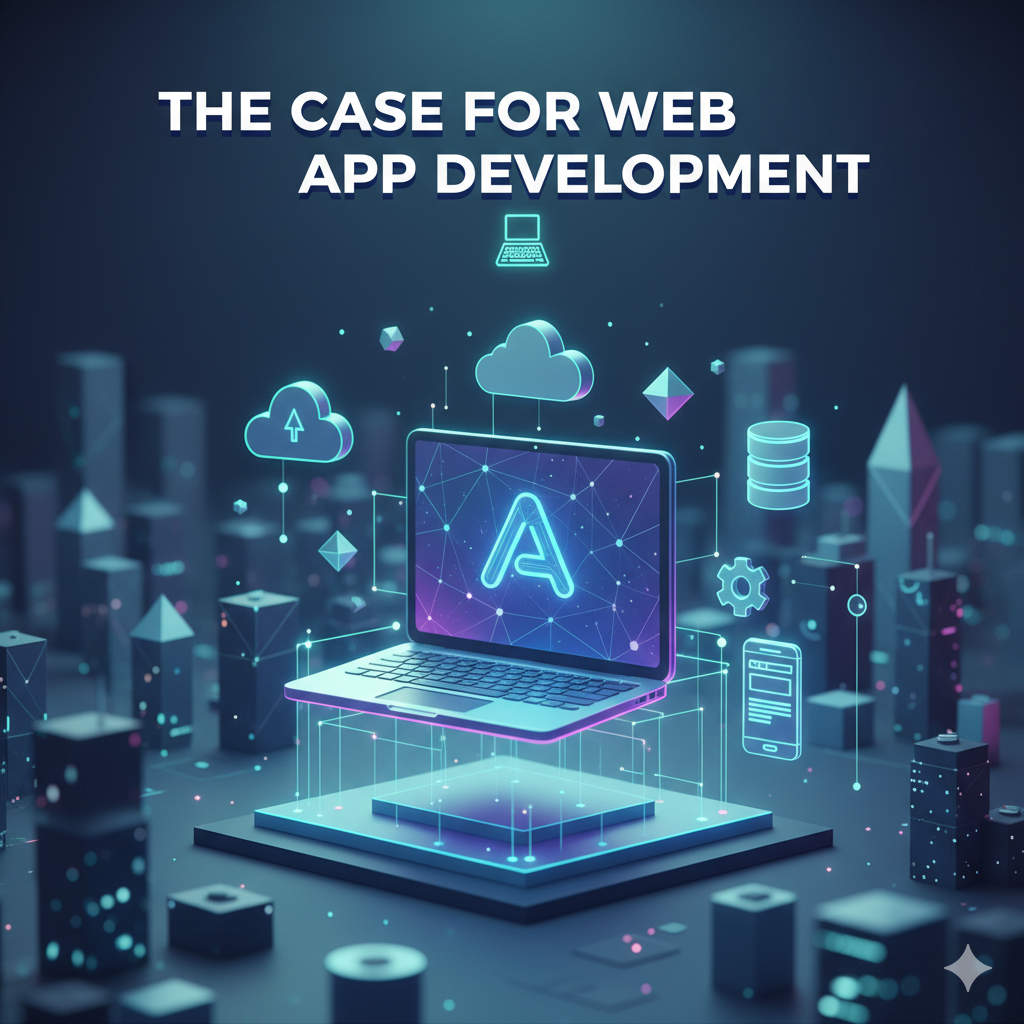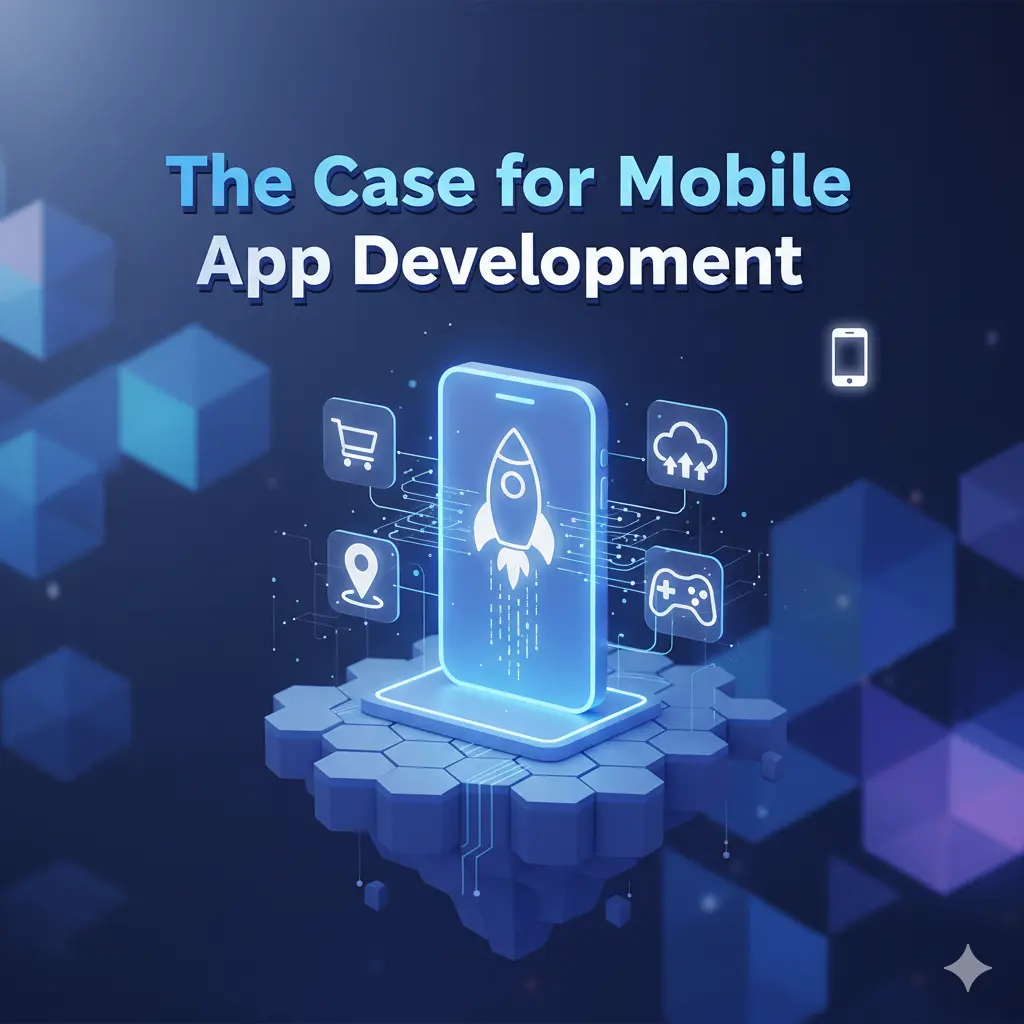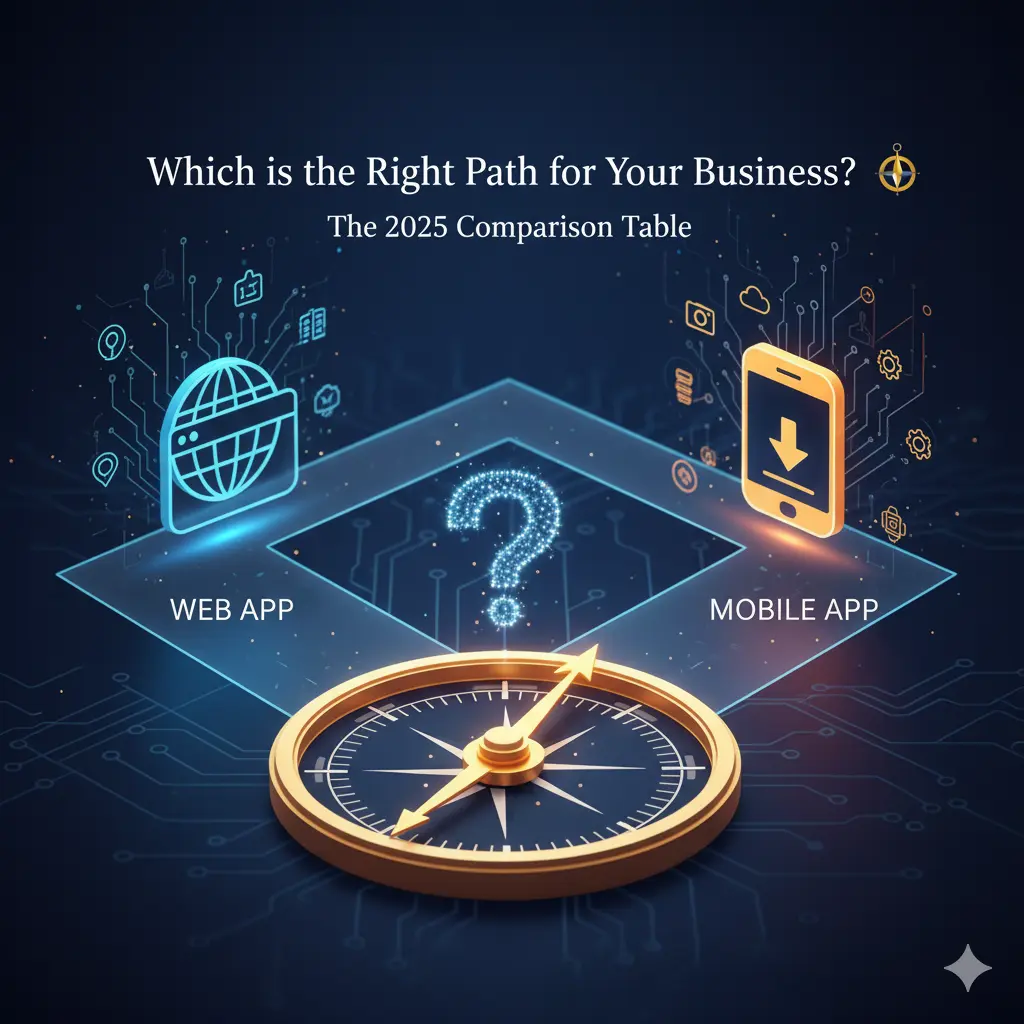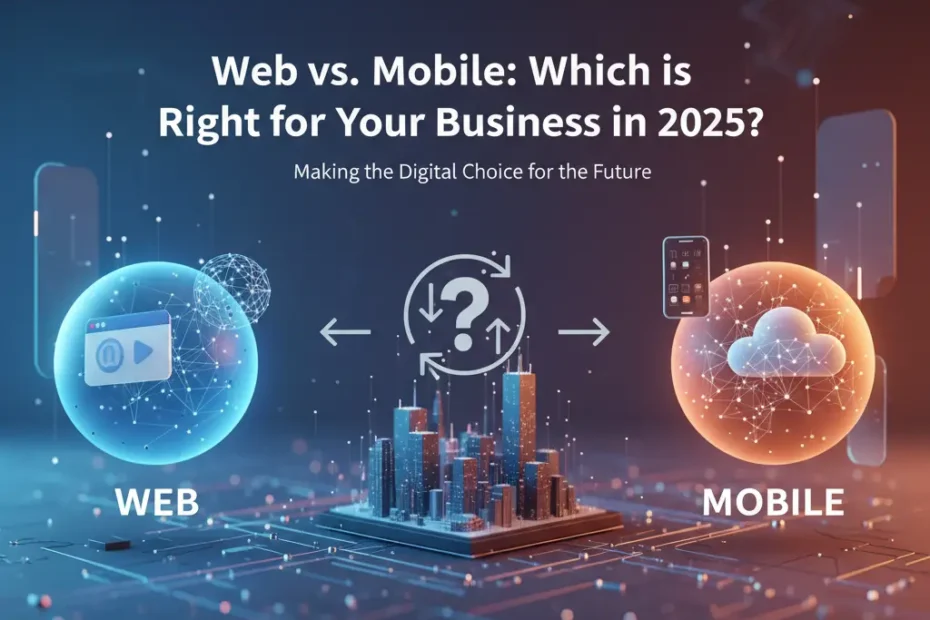Deciding between a web app and a mobile app? Our complete 2025 guide compares web vs mobile development on cost, reach, and user experience to help your business make the right choice.
Web vs. Mobile: Which Development Path is Right for Your Business in 2025? [A Complete Comparison]
![Web vs. Mobile: Which Development Path is Right for Your Business in 2025? [A Complete Comparison]](https://tdx.ai/wp-content/uploads/2025/09/Gemini_Generated_Image_w9tc0cw9tc0cw9tc.webp)
In 2025, the digital landscape is more complex and competitive than ever. For any business, establishing a powerful online presence is no longer optional—it’s essential. But a fundamental question remains: should you invest in web app development or mobile development?
This isn’t just a technical decision; it’s a strategic one that will impact your budget, user reach, and long-term goals. To help you navigate this choice, we’ve created a complete comparison of the two paths.
The Case for Web App Development 💻

Web apps run inside a browser (like Chrome, Firefox, or Safari) and can be accessed from any device with an internet connection. Their strength lies in their accessibility and broad reach.
Key Advantages of Web Apps:
- Universal Accessibility: A web app works on a desktop, laptop, tablet, and smartphone. You don’t need to create separate versions for different operating systems (iOS and Android). This single-codebase approach means you can reach the widest possible audience with one unified effort.
- Lower Development & Maintenance Costs: Generally, web app development is less expensive and faster than building a native mobile app. You only have to build and maintain one platform, which significantly reduces ongoing costs for updates and bug fixes. You also avoid the fees and strict approval processes of app stores.
- Faster to Launch: The development lifecycle for a web app is often shorter. This allows you to get your product or service to market much more quickly, giving you a chance to gather user feedback and iterate rapidly.
- SEO-Friendly: A web app is inherently searchable. Google and other search engines can crawl and index your content, which means people can discover your business through organic search, a crucial part of your marketing strategy.
The Case for Mobile App Development 📱

A native mobile app is specifically built for a mobile operating system (iOS or Android) and must be downloaded from an app store. It’s designed to provide the best possible experience on that platform.
Key Advantages of Mobile Apps:
- Superior Performance & User Experience: Mobile apps are faster, smoother, and more responsive because they are built to run on the device itself. They can offer a more intuitive and immersive user experience with rich animations and transitions.
- Offline Functionality: Most mobile apps can function without an internet connection, or at least provide some level of functionality offline. This is a huge benefit for users who may be on the go or in areas with poor connectivity.
- Access to Device Features: A native app can seamlessly integrate with a device’s hardware, like the camera, GPS, microphone, and a user’s contacts. This is essential for apps that rely on features like location tracking, augmented reality, or push notifications.
- Higher User Engagement: Mobile apps lead to higher user engagement and retention. Push notifications allow you to send timely, personalized messages directly to your users, bringing them back to your app more frequently. The app icon on a user’s home screen also serves as a constant brand reminder.
Web vs. Mobile: The 2025 Comparison Table
| Feature | Web App | Mobile App |
| Reach & Accessibility | Broader audience; works on any device with a browser. | Limited to users who download it from an app store (iOS/Android). |
| Development Cost | Generally lower; one codebase for all platforms. | Higher; often requires separate native versions or a cross-platform approach. |
| Maintenance | Easier; updates are instantly live for all users. | More complex; requires updates on two separate app stores. |
| User Experience | Good, but can be limited by the browser; depends on internet speed. | Excellent; runs smoothly and is optimized for the device. |
| Offline Access | Limited (unless it’s a PWA). | Strong; can function fully or partially without internet. |
| Device Integration | Limited access to hardware features. | Full access to GPS, camera, notifications, etc. Export to Sheets |
Which is the Right Path for Your Business? 🧭

The choice between web vs mobile development boils down to your specific goals. Ask yourself these key questions:
- What is your primary goal? If you need to reach a massive audience quickly and cost-effectively (e.g., for a blog, a portfolio, or a simple business service), web app development is likely the right choice.
- What features are critical to your product? If you need to use the device’s camera, GPS, or send push notifications to drive sales (e.g., for a social media app, a game, or an on-demand service), then mobile development is the clear winner.
- What is your budget? For startups or small businesses with a limited budget, a web app is a safer starting point. You can always build a mobile app later as your business grows.
In 2025, many businesses are also exploring Progressive Web Apps (PWAs)—a hybrid solution that offers the best of both worlds. A PWA is a web app that provides a native-app-like experience, including offline access and push notifications, all without an app store download. This is an excellent middle ground to consider if you want to test the waters of app development with a lower barrier to entry.
Ultimately, the best app development path is the one that aligns with your business objectives, budget, and target audience.
How a Company Like TDX.ai Can Help You

The decision between web and mobile development can be a difficult one, especially for a business with a small or medium-sized team. You might not have the in-house expertise to handle the complexities of app development. This is where a full-service technology partner like TDX.ai comes in.
Instead of navigating the choice of web vs mobile on your own, a company like TDX.ai can provide a comprehensive suite of services that help you analyze your specific business needs and build the right solution.
- Consulting and Strategy: A core service they would provide is helping you decide which path is right for your business. They’ll analyze your goals, target audience, and budget to recommend the most effective strategy, whether it’s a native mobile app, a web app, or a hybrid solution like a PWA.
- Full-Stack Development: TDX.ai offers both web app development and mobile development services. This means they can handle the entire process from start to finish, from the initial design and user experience (UX) to the coding, testing, and launch.
- Beyond Development: They don’t just stop at building an app. A partner like TDX.ai would also offer additional services to ensure your product succeeds, such as:
- AI-Driven Services: They can integrate artificial intelligence to enhance features like customer support chatbots, data analytics, and user personalization, regardless of whether you choose a web or mobile platform.
- SEO and Marketing: They can also provide services to ensure your new web app or mobile app is discoverable and ranks well in search engines or app stores, driving traffic and user acquisition.
By working with a single, comprehensive provider, your business can get a complete digital solution that is tailored to your needs, saving you the time and resources you would have spent trying to manage multiple vendors or build a team from scratch. They provide the expertise and resources to turn your vision into a reality, no matter which development path you choose.
